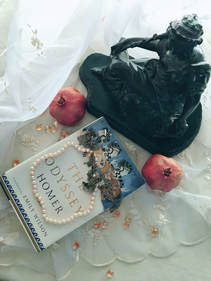
I AM reading Dr. Emily Wilson's English translation of the Odyssey. It's the first time a woman has translated Homer's work into English. The fanfare has just begun and rightly so. I'll probably do a podcast about her work, because I love it so much. I've read several translations and used them in researching my work for the Homeric Chronicles, but NONE of them has touched me like Dr. Wilson's.
For example, as everyone already points out, she begins with calling Odysseus a "complicated man." Brilliant, because Odysseus is complicated. He's not straight forward in anything he does. He's tender and loving with Penelope and Telemachus, but he's also a murderer and a man who "skirts" the boundaries of his marriage. He's vengeful, but with good reason. A trouble maker and a charmer. And stubborn. Let's not forget stubborn. Despite all this, we love to love Odysseus. Her word choices stand out for me, more than any other translation. Reading the scene where Odysseus is deciding when to kill the slave women (and mind you it's not a moral dilemma of IF he should, but a matter of WHEN he will kill them...this is one of the ways he's complicated: his ability to premeditate massive slaughter) builds such powerful imagery. I can see a mother dog guarding her puppies, teeth bared and growling at strangers. It's scrappy, fierce, and dangerous.
Dr. Wilson is equally descriptive with Penelope. I love the passage where Penelope has just been told that the suitors are plotting to kill her son, Telemachus. She's distraught because he left Ithaka without telling her and no one knows for sure where he is. So, she can't protect him. Her mind torments her like a trapped lion...What parent can't relate to that terrifying feeling?
She definitely spanked some magic out of Homer's Greek.
If you enjoy Greek mythology, you're going to love this new translation. I'm using it for all my podcasts on Greek Mythology Retold and for the continued research for the Homeric Chronicles.
0 Comments
Sometimes people think being an historian is all about names and dates and politics, but it’s so much more. My favorite thing about studying ancient Greece is getting to a museum and looking at all the pottery. You get to see these beautiful works of art close up. Pictures just don't do justice to the sheer size of some of the pottery. My favorite place on the west coast to gaze at antiquities is the Getty Museum in Malibu, California. If you get a chance to go, you should. It's amazing not only for its art work, but because it's an actual replica of wealthy Roman villa complete with gardens and a giant pool.
While writing the Homeric Chronicles, I reference amphorae quite a bit because these vessels were commonly used to store wine, oil, and water much the way we use Tupperware. So, one vessel that intrigues me is the two handled amphora depicting Achilles and Ajax playing dice while trying to relax during the Trojan War. The vessel is from the Archaic Period (525-520 BCE). I love this scene and decided to reference it in Rise of Princes, book two of the Homeric Chronicles. Playing dice humanizes the Greek heroes, making them reachable characters because they too needed reprieve from stress and bad days, as well as the grinding hardships of war. Enjoy the video :)
Start your journey with the Homeric Chronicles grab Song of Sacrifice today!

A generation before the Trojan War begins...
meet the royal families of Troy, Ithaka, Sparta, and Mycenae. 
The Trojan War has turned into a bloody seige...
Achilles and Hektor rise to fame and glory.
If you enjoyed this post, give it a LIKE or a TWEET :) And by all means, SHARE :)
© Janell Rhiannon2016 Any information from this blog must be properly cited :) |
Author
|
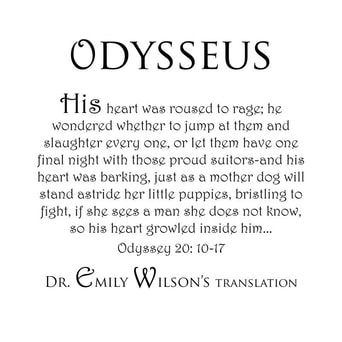

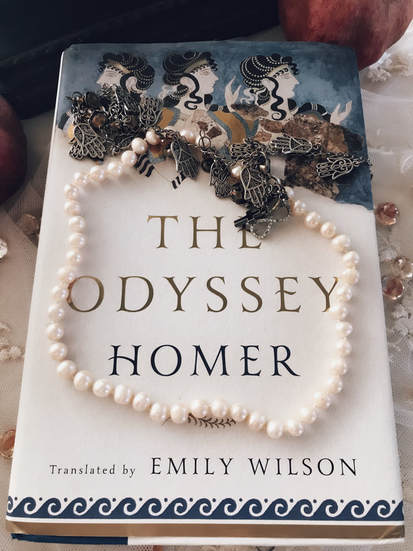

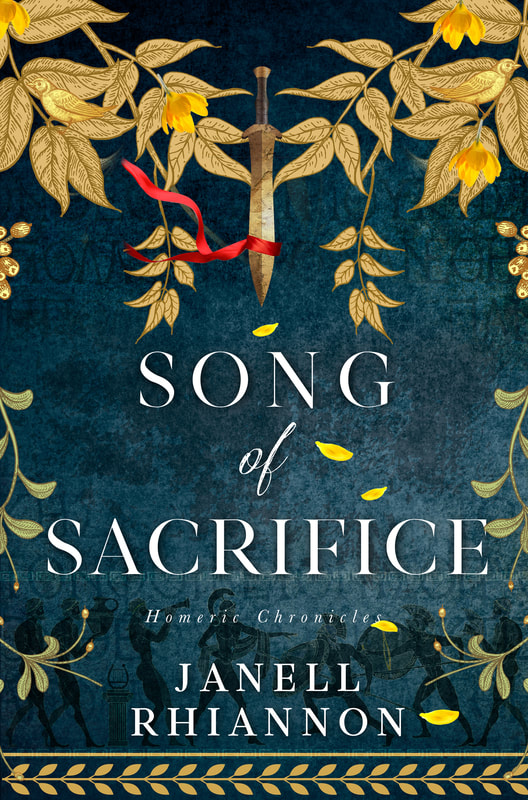
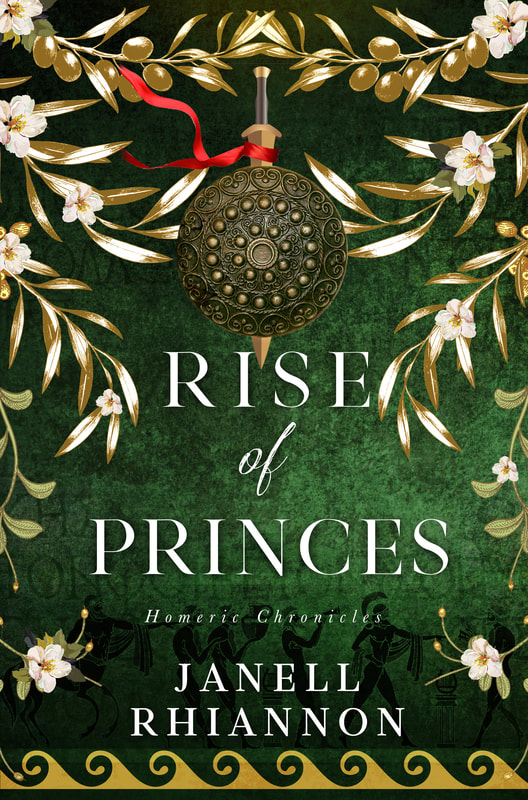
 RSS Feed
RSS Feed